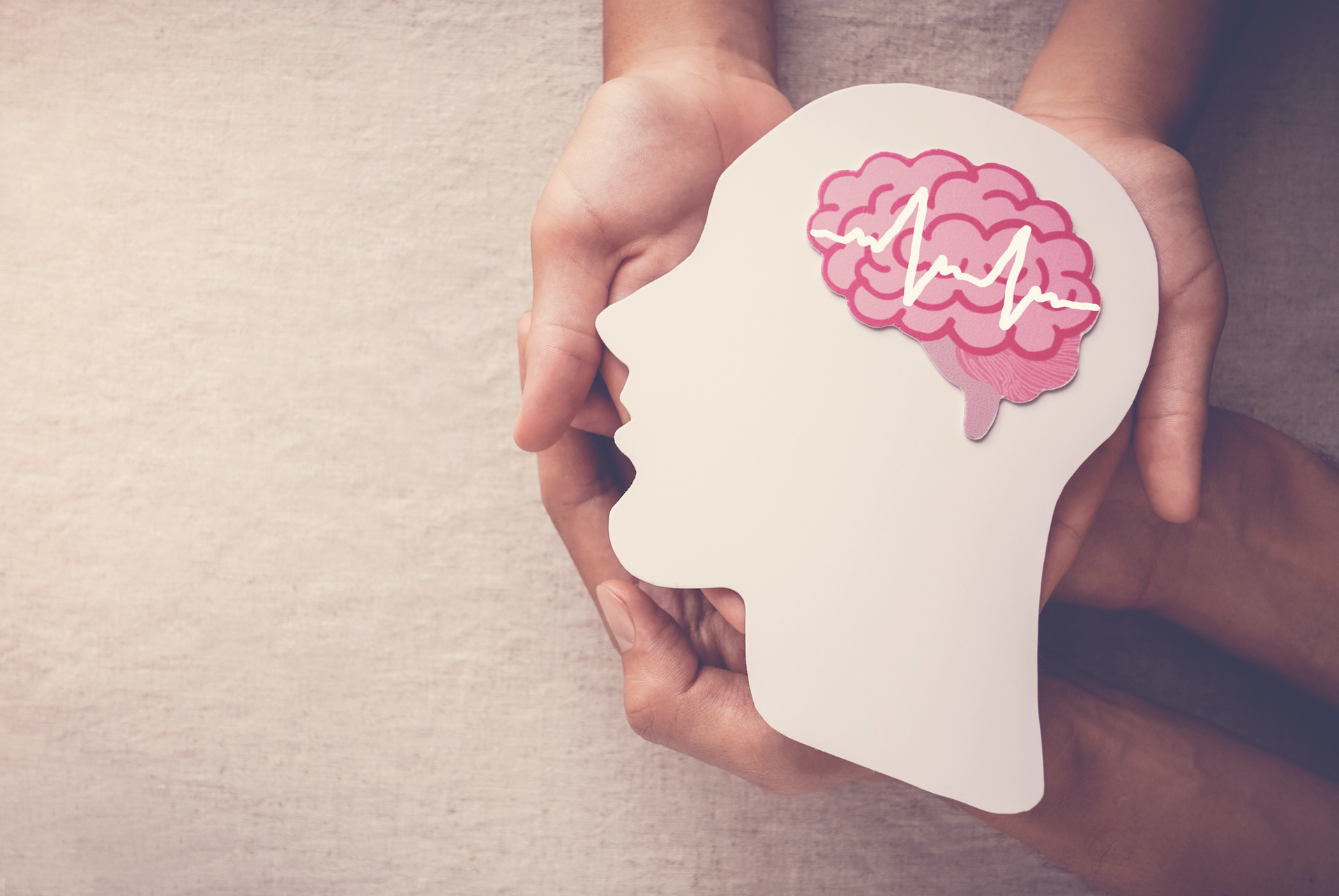Tony Slattery TV Documentary Highlights Merits of Care and Support
Published: 01/04/2020
BBC 2’s Horizon’s moving documentary What’s the Matter with Tony Slattery?, broadcast on May 21, uncovered the rise, fall and re-rise of one of TV’s most popular faces of the 1980s and 90s.
The programme followed comedian Tony Slattery as he attempted to understand the root cause of a lifetime of bipolar tendencies, substance abuse and depression.
Tony was best known for his appearances on Channel 4’s improvisation show Whose Line Is It Anyway? in the mid-1980s. His charming, zany talent was watched weekly by millions and propelled him onto panel shows and commercials, hosting award ceremonies, and, for a time, he was everywhere. Then, in 1996, Tony vanished.
The mystery of why he withdrew from public life was a private battle with drink, drugs and depression. Though Tony gave up cocaine in 2000, he still has a 30 year dependency on alcohol and other severe long-term mental health issues. The documentary showed the Tony of today looking alarmingly much older than his 60 years. Though there were glimpses of his eloquence and the intelligent wit that made him a household name, Tony has been largely housebound for the past 25 years.
What’s the Matter with Tony Slattery? is a study of the causes and effects that can effect anyone’s mental health. As Tony confronted his current alcoholism and his past, his bravery to understand what made him what he is, can be recognised by anyone who has recovered from addiction or other mental health challenges.
Arguably the unsung hero of the documentary was Tony’s partner of 32 years, Mark Hutchison. Mark has not just been a loyal lover to Tony over the years, but also his live-in carer. It has been a journey that has seen the actor play both witness and target to Tony’s complex behaviour. As Tony went on his quest of self-discovery, it was Mark who revealed the challenging side of living with the talented but troubled star.
The programme did show well:
- the complicated long-term effects of Tony’s mental illness and how it is a confusing network of problems, personal to the individual and his life
- the value of professional support from health specialists, such as psychiatrists, therapists and GPs, to stabilise a patient’s suffering
- the stress and burden on partners and family members who may not always be equipped to deal with the issues mental illness can bring.
It did not show the benefits of a live-in care service that can ease the workload and the suffering of the client and family. Rather, it highlighted Mark’s day-to-day struggle as a carer alongside his devotion and love for Tony. The little time for himself; the few short trips away to recharge and get some self-care; his own vulnerability observing Tony; and that calm, empathic voice that understands as only a dedicated carer who truly knows the person can.
In an interview with the Mirror one year before the Horizon documentary aired and in fitting tribute to Mark, Tony said: “He is hugely supportive – he’s authentic, real. He means everything to me.”
For anyone affected issues by addiction, depression, bipolar disorder, or any other mental health issue, Right At Home offer a range of services dedicated to the highest quality in-home care, support and companionship.
You can view the BBC documentary here

